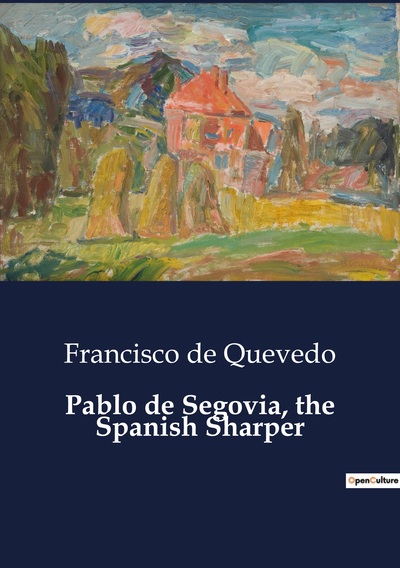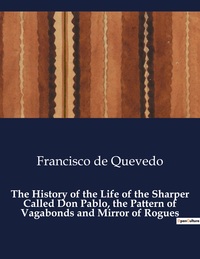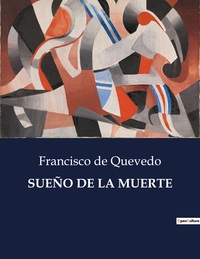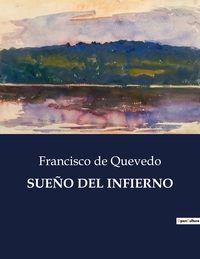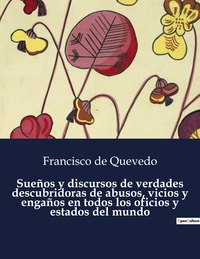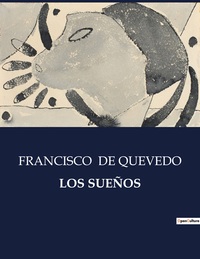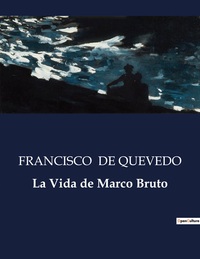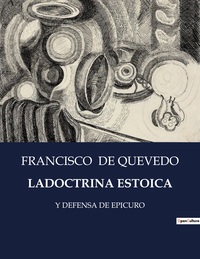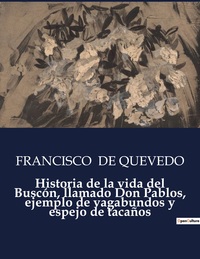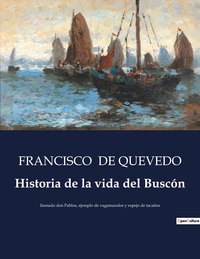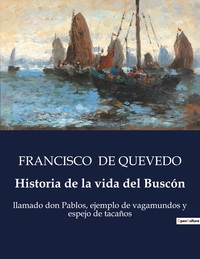Nous utilisons des cookies pour améliorer votre expérience. Pour nous conformer à la nouvelle directive sur la vie privée, nous devons demander votre consentement à l’utilisation de ces cookies. En savoir plus.
Pablo de Segovia, the Spanish Sharper
EAN : 9791041803071
Édition papier
EAN : 9791041803071
Paru le : 26 juin 2023
21,95 €
20,81 €
Disponible
Pour connaître votre prix et commander, identifiez-vous
Notre engagement qualité
-
 Livraison gratuite
Livraison gratuite
en France sans minimum
de commande -
 Manquants maintenus
Manquants maintenus
en commande
automatiquement -
 Un interlocuteur
Un interlocuteur
unique pour toutes
vos commandes -
 Toutes les licences
Toutes les licences
numériques du marché
au tarif éditeur -
 Assistance téléphonique
Assistance téléphonique
personalisée sur le
numérique -
 Service client
Service client
Du Lundi au vendredi
de 9h à 18h
- EAN13 : 9791041803071
- Réf. éditeur : 293994
- Date Parution : 26 juin 2023
- Disponibilite : Disponible
- Barème de remise : NS
- Nombre de pages : 206
- Format : H:210 mm L:148 mm E:11 mm
- Poids : 274gr
- Résumé : Pablo de Segovia, the Spanish Sharper by Francisco de Quevedo is a seminal work in the genre of the picaresque novel, a form that emerged in Spain during the Golden Age of literature. This novel, translated into English and enriched with illustrations by Daniel Vierge, offers a vivid portrayal of the life and adventures of a rogue, Pablo, who navigates the social hierarchies and moral ambiguities of 17th-century Spain. The narrative is structured around Pablo's journey from a humble background to his various escapades, reflecting the socio-political landscape of the time. Quevedo's work is notable for its satirical edge, targeting the vices and follies of society with a sharp wit reminiscent of his other writings, such as the sketches. The novel is not merely a tale of mischief but a critique of the social order, exposing the corruption and hypocrisy prevalent in Spanish society. The illustrations by Vierge, celebrated for their detail and expressiveness, complement the text by bringing to life the characters and settings with remarkable fidelity. This edition also includes commentary by Joseph Pennell and an essay on Quevedo's life and writings by Henry Edward Watts, providing readers with a comprehensive understanding of the author's literary contributions and the historical context of his work. Quevedo's influence extends beyond literature, as his works have been pivotal in shaping the Spanish language and its literary traditions.
- Biographie : Quevedo was born on 14 September 1580 in Madrid into a family of hidalgos from the village of Vejorís, located in the northern mountainous region of Cantabria. His family was descended from the Castilian nobility.

